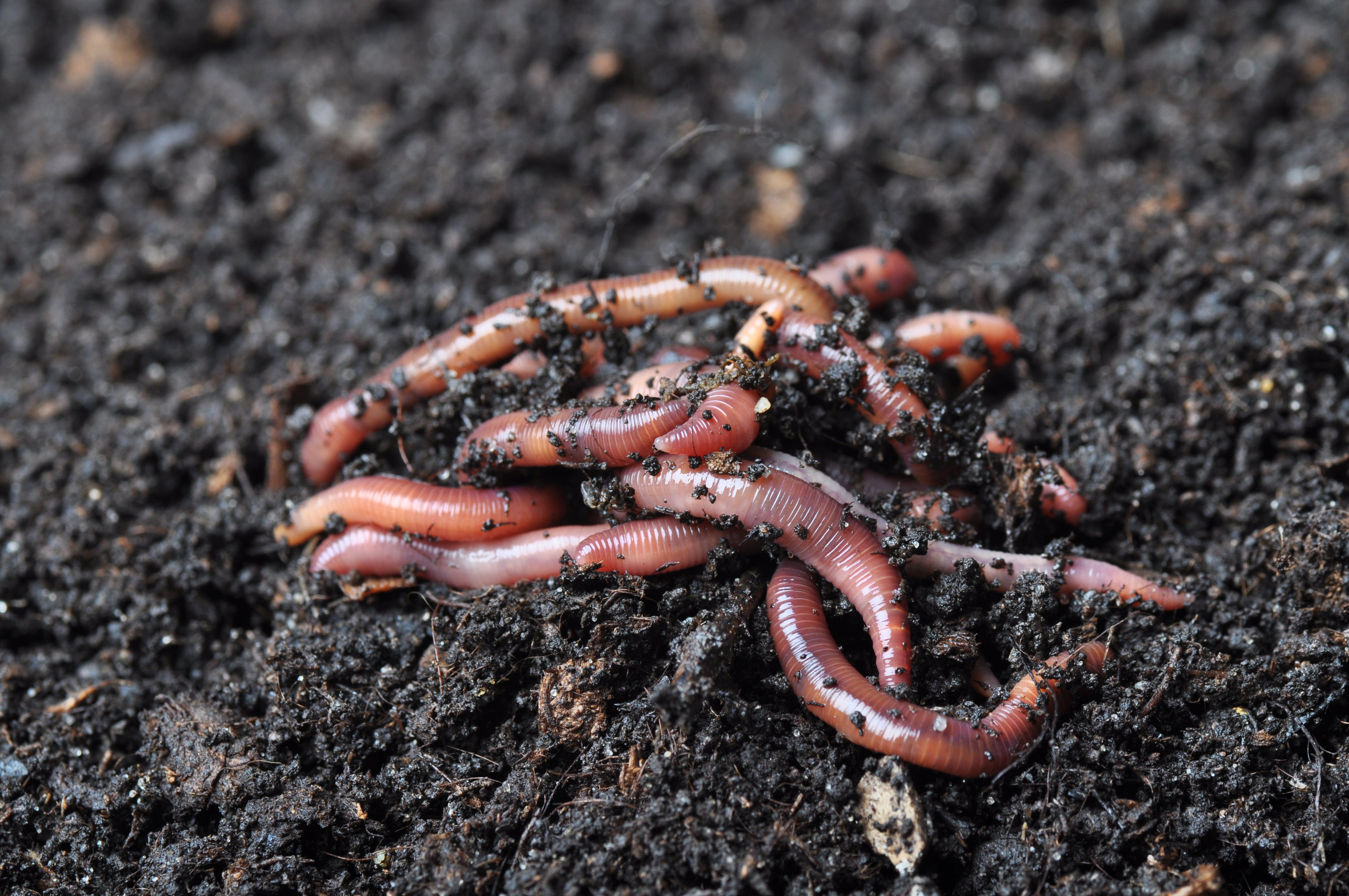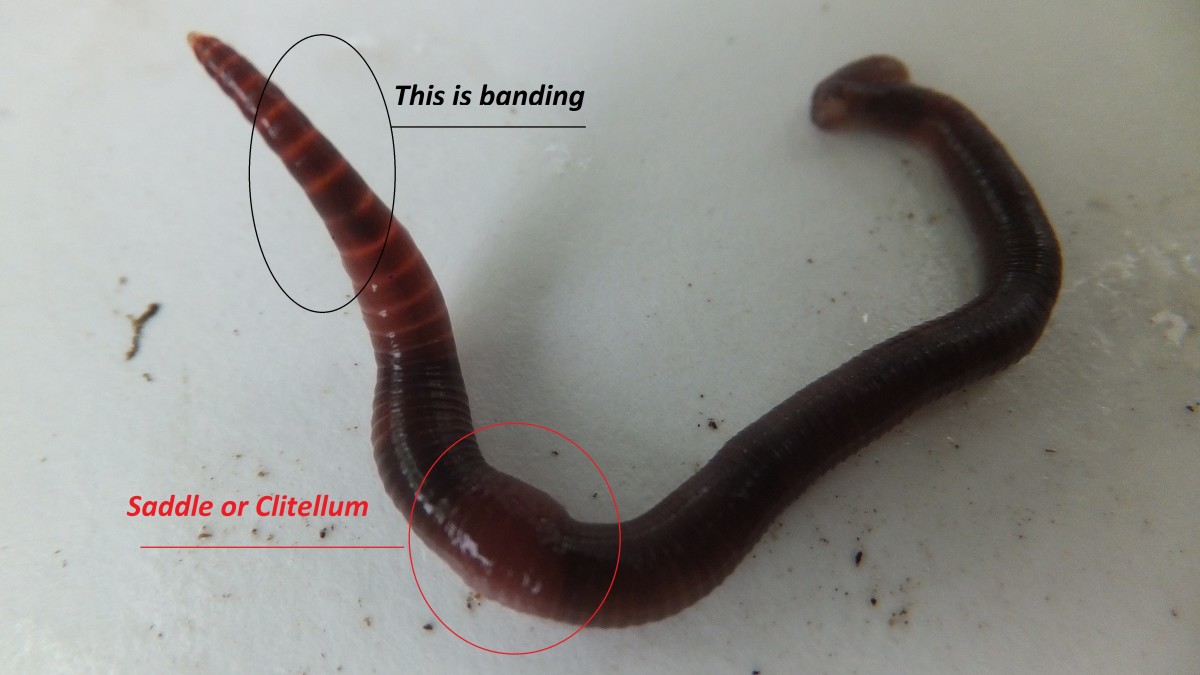Organic Composting with Red Wiggler Worms - Boost Your Garden's Growth
Organic Composting with Red Wiggler Worms - Boost Your Garden's Growth
Blog Article
Red Wiggler Worms Demystified: Opening the Keys of Vermiculture for Greener Living and Nutrient-Rich Dirt
In the realm of sustainable practices for enriching soil top quality and promoting eco-conscious living, red wiggler worms play an essential yet usually ignored duty. These modest animals possess the remarkable capacity to change natural waste into nutrient-rich spreadings that work as a potent all-natural plant food. By diving right into the globe of vermiculture, one can reveal a wide variety of advantages that extend far past standard composting methods. Recognizing the ins and outs of looking after these worms, enhancing their atmosphere, and harnessing their spreadings can result in a greener way of life and much healthier soil for plants to thrive.
The Duty of Red Wiggler Worms
Red Wiggler worms play a crucial role in composting systems by successfully breaking down natural issue right into nutrient-rich spreadings. These starved eaters eat a selection of natural products, such as kitchen area scraps, backyard waste, and paper products. As they feed, the worms' gastrointestinal procedures damage down the raw material into a penalty, dark, and nutrient-dense product recognized as worm castings or vermicompost.
The spreadings created by Red Wiggler worms are extremely valuable for dirt health and plant development. They are abundant in vital nutrients like phosphorus, nitrogen, and potassium, which are vital for sustaining healthy and balanced plant development. Additionally, worm castings have helpful microorganisms and enzymes that aid enhance dirt structure, increase water retention, and enhance nutrient uptake by plants.
Benefits of Vermicomposting

It improves soil framework, improves dirt aeration, and increases dirt moisture retention. Vermicompost also enriches the soil with crucial nutrients like phosphorus, nitrogen, and potassium, promoting plant growth and total soil fertility.
In addition, vermicomposting supports sustainable horticulture methods by providing a chemical-free and all-natural alternative to artificial plant foods. Red Wiggler Worms. This eco-friendly technique not only enhances the dirt yet additionally helps in reducing reliance on dangerous chemicals, advertising a greener and more sustainable method visit our website of gardening
Establishing Up a Worm Container
When developing a worm container for vermicomposting, proper arrangement is critical to make certain the success of the composting process. The very first action in setting up a worm bin is choosing a suitable container.
After including the see this site bed linen, introduce the red wiggler worms to the container. It is suggested to start with a tiny number of worms and slowly raise as they multiply. The worms should then be offered with food scraps such as fruit and veggie peels, coffee grounds, and eggshells. It is vital to prevent adding meat, milk, oily, or salty foods to protect against bring in pests and producing undesirable odors.
Routinely keep an eye on the wetness degrees and temperature in the worm container to ensure ideal conditions for the worms. With appropriate arrangement and upkeep, the worm container will efficiently convert organic waste right into nutrient-rich compost for your plants and garden.
Collecting Worm Castings
To efficiently gather nutrient-rich worm spreadings from your vermicomposting system, a methodical harvesting method is crucial. When it comes time to gather the worm castings, there are a couple of essential actions to comply with to make sure a successful procedure.

Troubleshooting Common Issues
Recognizing and attending to common difficulties that might occur during the vermicomposting procedure is critical for keeping a healthy and balanced and productive worm bin. Including excess food scraps can lead to an accumulation of wetness and acidity in the worm container, possibly damaging the worms. Another issue is unpleasant odors emanating from the worm container.
In addition, if more tips here the worm populace is decreasing or the worms show up undesirable, it could be because of ecological stressors such as severe temperature levels or pH levels. Keeping track of these factors and making essential changes is essential for the well-being of the worms. By fixing these usual problems without delay, vermicomposters can guarantee a smooth and successful vermicomposting procedure while preserving a thriving worm population.

Final Thought
Finally, red wiggler worms play an essential duty in vermiculture by damaging down raw material into nutrient-rich dirt. The benefits of vermiculture include greener living and enhanced dirt quality. Establishing a worm bin is crucial for successful vermiculture, and collecting worm castings gives useful garden compost for horticulture. By understanding and troubleshooting usual issues, people can open the keys of vermiculture for lasting living and healthier dirt.
As they feed, the worms' gastrointestinal procedures break down the natural issue right into a fine, dark, and nutrient-dense material known as worm castings or vermicompost.
The castings generated by Red Wiggler worms are highly valuable for soil wellness and plant growth. Including excess food scraps can lead to a build-up of wetness and acidity in the worm container, possibly hurting the worms.In addition, if the worm population is declining or the worms appear undesirable, it might be due to ecological stressors such as extreme temperatures or pH levels. Establishing up a worm container is important for effective vermiculture, and collecting worm spreadings provides beneficial garden compost for gardening.
Report this page